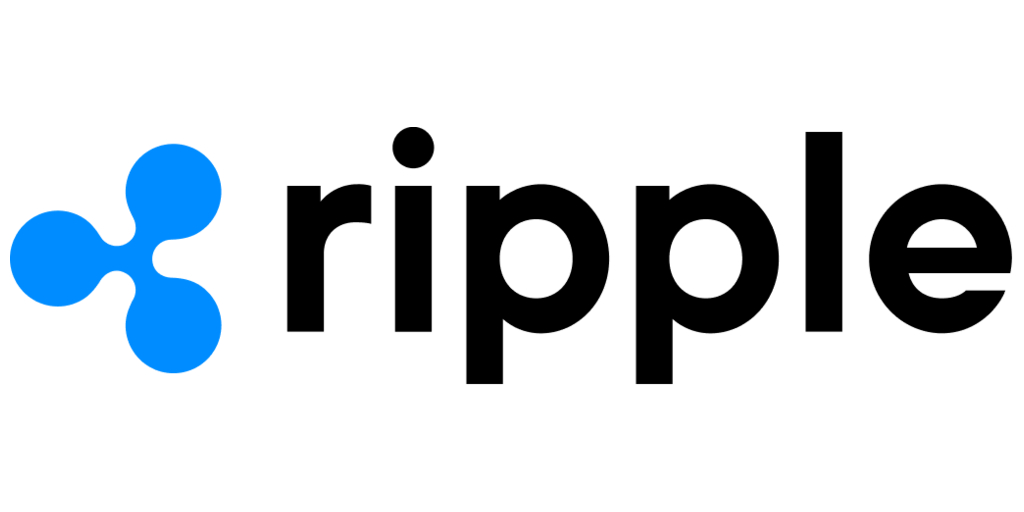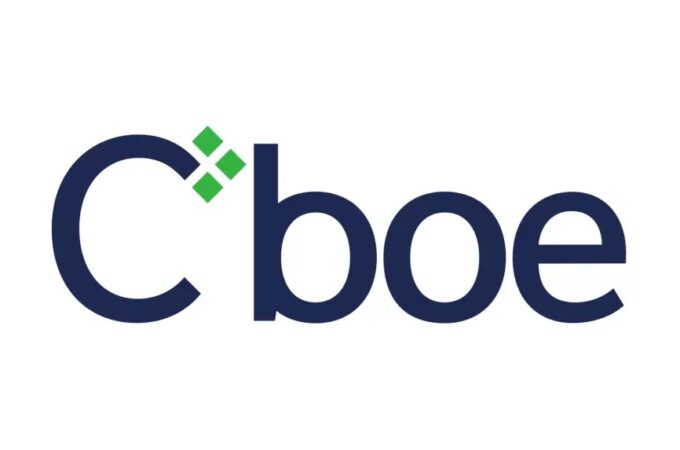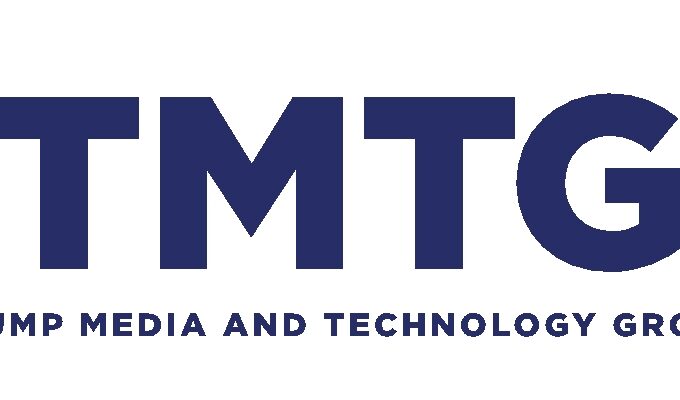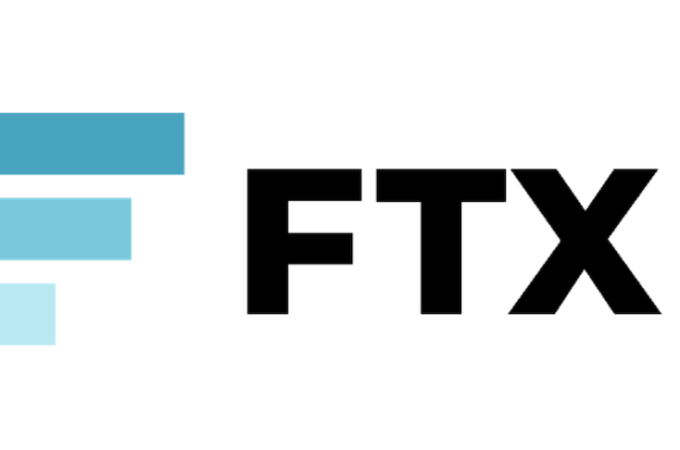
Ripple Boosts Fairshake PAC Funding for Crypto Advocacy
In a bold move to influence the regulatory landscape of cryptocurrency in the United States, Ripple has committed an additional $25 million to the federal super political action committee (PAC) Fairshake. This latest contribution, following a similar donation in 2023, underscores Ripple’s determination to support pro-crypto political candidates and foster a more favorable environment for blockchain innovation.
Ripple’s CEO, Brad Garlinghouse, has been vocal about the necessity of proactive engagement in the political arena to counteract what he describes as the adverse effects of regulatory actions by unelected officials. “Ripple will not — and the crypto industry should not — keep quiet while unelected regulators actively seek to impede innovation and economic growth that millions of Americans utilize,” Garlinghouse stated. This sentiment is at the heart of Ripple’s continued financial support for Fairshake, which aims to educate voters on the benefits of cryptocurrency and the perils of anti-crypto policies.
Fairshake has become a formidable force in the 2024 election cycle, raising between $102 million and $110 million, making it the richest nonpartisan super PAC and third overall. Ripple’s contributions alone account for roughly half of Fairshake’s total funds, reflecting the significant investment from the broader crypto community, including other major players like Coinbase, Gemini, and Andreessen Horowitz.
The 2024 elections are poised to be pivotal for the crypto industry, with many seeing this as a critical opportunity to elect officials who support digital asset innovation. Fairshake’s strategic expenditure has already influenced political outcomes, notably spending over $10 million to oppose the Senate bid of Congresswoman Katie Porter, a known crypto skeptic. The PAC’s efforts are aimed at both supporting pro-crypto candidates and opposing those who hinder technological progress.
Fairshake’s financial muscle is not solely directed at one political party, despite a tendency to oppose more Democratic candidates. It has supported a range of politicians, including Patrick McHenry and Dusty Johnson, while simultaneously combating figures like Katie Porter. This strategy underscores Fairshake’s commitment to fostering a bipartisan pro-crypto coalition.
Ripple’s aggressive stance is partly a response to the U.S. Securities and Exchange Commission’s (SEC) approach to crypto regulation, which has largely been characterized by enforcement actions rather than clear legislative guidance. Ripple itself has been embroiled in a legal battle with the SEC since 2020, accused of raising $1.3 billion through the sale of XRP, which the SEC claims was an unregistered security.
The recent passage of the Financial Innovation and Technology for the 21st Century Act (FIT 21) by the House of Representatives marks a significant legislative development. The bill seeks to create a comprehensive federal framework for digital assets, distinguishing between commodities, which would be regulated by the Commodity Futures Trading Commission (CFTC), and securities, which would fall under the SEC’s jurisdiction. Despite opposition from SEC Chair Gary Gensler, who argues that the bill undermines decades of regulatory precedent, the bipartisan support for FIT 21 indicates a shift towards more defined regulatory clarity.





